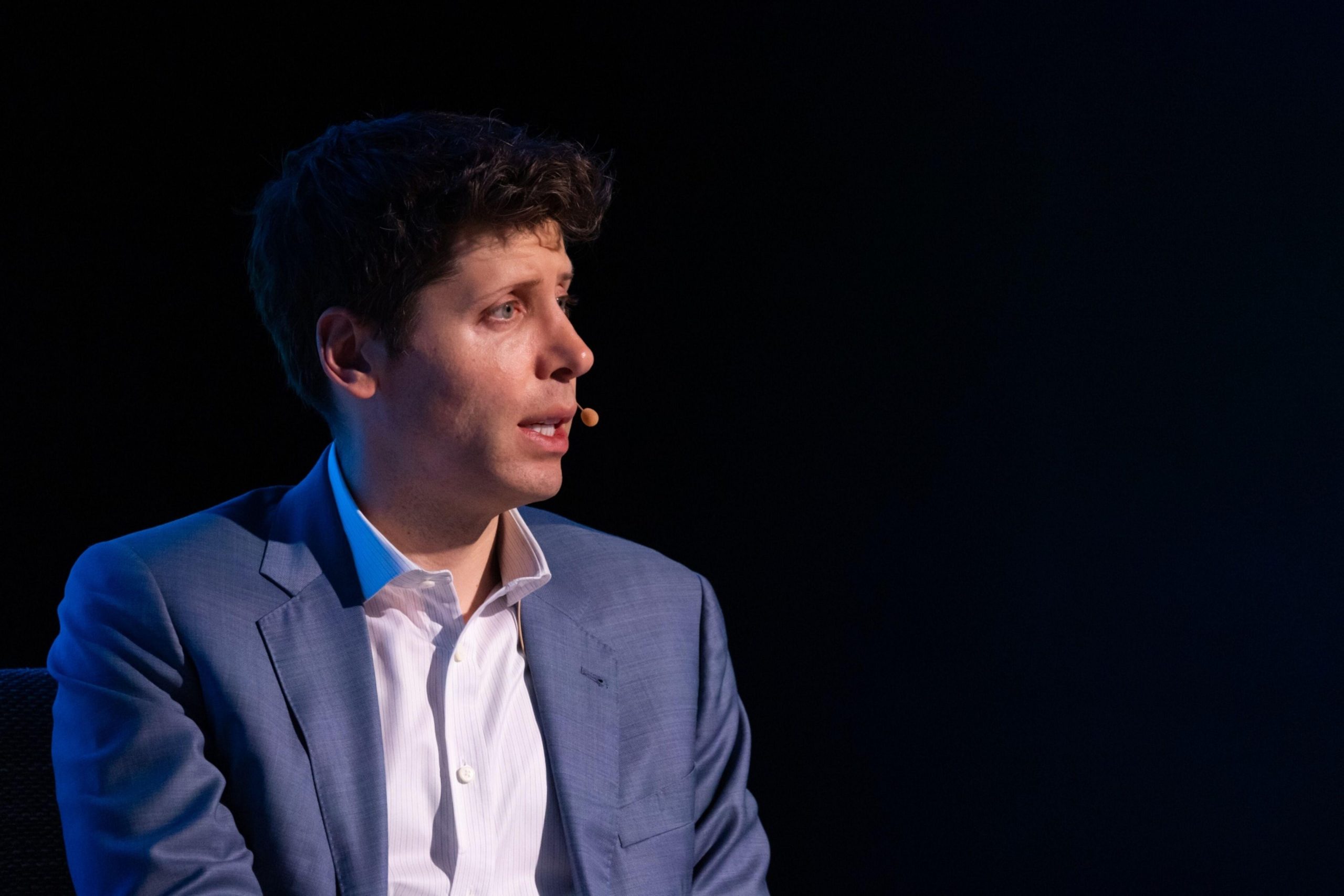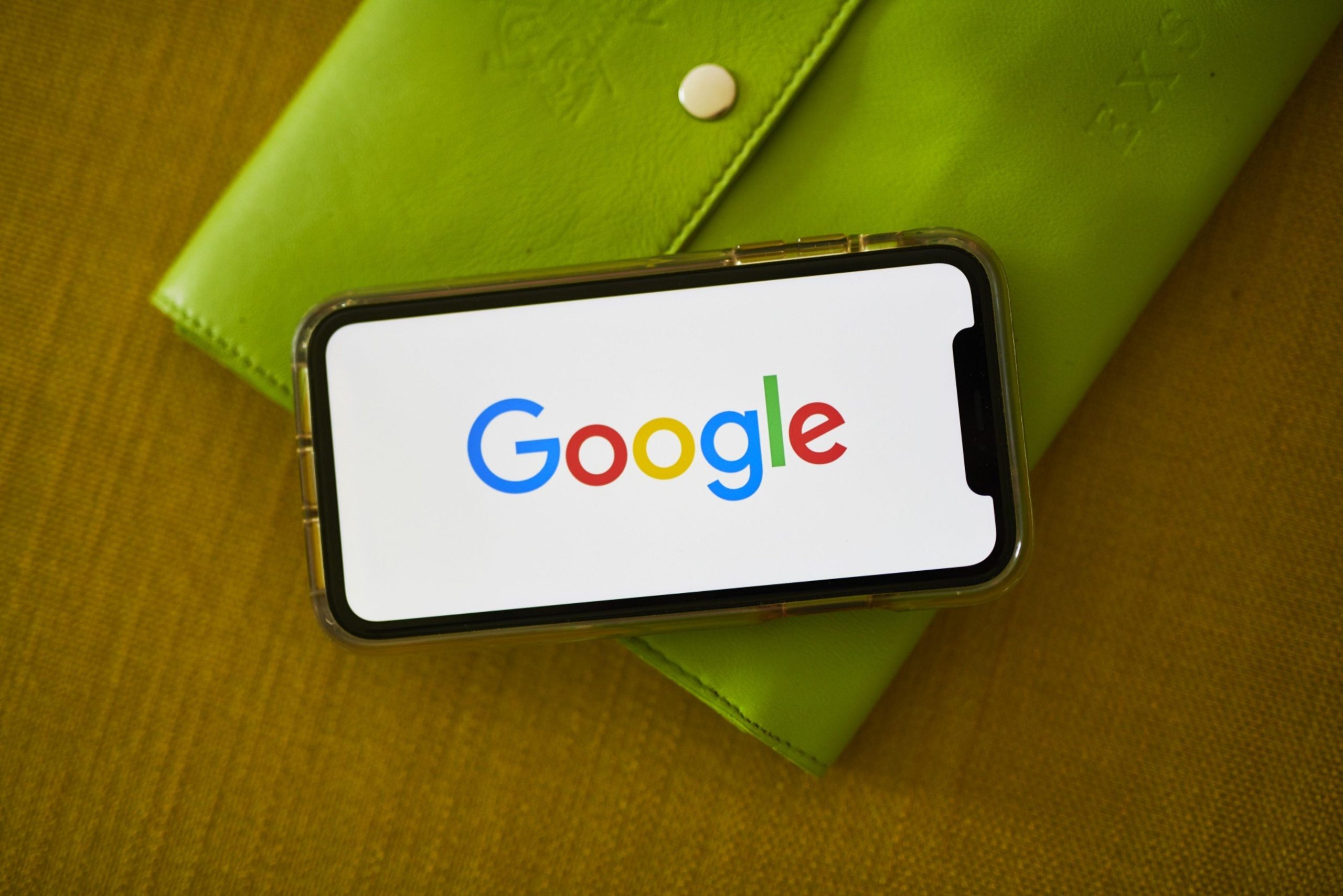By Rachel Metz
Sam Altman, one of the most prominent figures in the world of artificial intelligence, is being forced out of OpenAI — the company behind the wildly popular ChatGPT chatbot he helped to create — after the board said it had lost confidence in him as a leader.
Mira Murati, an Albanian-born Dartmouth-educated engineer who helped develop some of OpenAI’s best-known products as its chief technology officer, will serve as OpenAI’s interim chief executive officer.
“Mr. Altman’s departure follows a deliberative review process by the board, which concluded that he was not consistently candid in his communications with the board, hindering its ability to exercise its responsibilities,” the company said in a statement. “The board no longer has confidence in his ability to continue leading OpenAI.”
OpenAI’s introduction of ChatGPT to the world turned 38-year-old Altman into an instant celebrity, winning him an audience with world leaders including US President Joe Biden and UK Prime Minister Rishi Sunak. He is an outspoken figure in the AI community, aligning himself with a camp of evangelists who’ve pioneered and advanced AI technologies while simultaneously warning of their potential to end mankind.
His departure came as a surprise to those both inside and outside of the company: Altman was still sending regular emails to employees as of late Friday morning, according to a person familiar with the matter.
“I loved my time at openai,” Altman wrote in a tweet Friday. “It was transformative for me personally, and hopefully the world a little bit. most of all i loved working with such talented people.” Altman added: “Will have more to say about what’s next later.”
As chief executive officer, Altman turned OpenAI into the most consequential AI company in the world. The company was recently in talks to sell employee shares to investors at a valuation of $86 billion. ChatGPT and OpenAI’s image generator Dall-E brought generative AI into the mainstream. Both tools leverage a technology that trains on vast swathes of digital data and can produce human-like content such as images, text and code when prompted.
Founded in 2015, OpenAI released ChatGPT about a year ago, setting off a rush of interest in AI technology. About 100 million people use ChatGPT each week, the company said in November, and more than 90% of Fortune 500 businesses are building tools on OpenAI’s platform. The company provides its software to businesses, and is on track to have annual revenue of about $1 billion, Bloomberg reported in August.
At the same time, OpenAI is facing growing competition from well-funded rival products developed at other startups and tech giants, including at Alphabet Inc.’s Google.
In the hours following Altman’s departure, hundreds of millions of dollars of trading in closely held OpenAI shares on the secondary market have been thrown into limbo, according to people familiar with the matter. Some transactions are on hold and some have been cancelled outright, the people said.
Those inside and outside the company were left to wonder about OpenAI’s future without its longtime leader and public face. Pieter Abbeel, a professor at the University of California, Berkeley and an AI startup founder who worked as a research scientist at OpenAI in 2016 and 2017, said he was “completely baffled” to hear that Altman had been ousted from the company.
“It’s kind of crazy to think that GPT-4 would not have existed without Sam,” he said. Abbeel noted that while Altman was one of several key employees at the company, he was instrumental in leading OpenAI and raising the tremendous amount of money needed for it to build increasingly powerful AI models.
Rowan Curran, a senior analyst at Forrester who covers generative AI and machine learning, said the board’s decision to remove Altman from the CEO post should be taken as similar to other executive-level changes in the technology industry.
“Sam Altman was obviously a force at OpenAI and did a lot to bring the company where it is,” he said. “But there’s no reason at this point to think there are any underlying issues with the company or the technology or its approach, given what we know at this time.”
Greg Brockman, a co-founder of OpenAI who had been chairman of the board, is also leaving his board post but will still serve as president of OpenAI.
Murati, who joined OpenAI in 2018, played a key role in shepherding ChatGPT and Dall-E. She was made CTO last year. “Given her long tenure and close engagement with all aspects of the company, including her experience in AI governance and policy, the board believes she is uniquely qualified for the role and anticipates a seamless transition while it conducts a formal search for a permanent CEO,” the company said in its statement.
Murati said she was “honored and humbled” to step into the leadership role at the company following the ouster of Sam Altman, according to a memo she sent to staff reviewed by Bloomberg.
“We are now at a crucial juncture where our tools are being widely adopted, developers are actively building on our platforms, and policymakers are deliberating on the best ways to regulate these systems,” Murati wrote in the memo. “This is welcome progress and an opportunity to participate in a future where AI is built and used for good.”
Microsoft Corp., which has pumped $10 billion into OpenAI, fell as much as 2.4% on the news of Altman’s departure. The company said in a statement that it has “a long-term relationship with OpenAI and remains committed to their team as we bring this next era of AI to our customers.” In her memo, Murati said she spoke with Microsoft’s CEO and CTO, “who expressed their unwavering support.”
Note:- (Not all news on the site expresses the point of view of the site, but we transmit this news automatically and translate it through programmatic technology on the site and not from a human editor. The content is auto-generated from a syndicated feed.))



